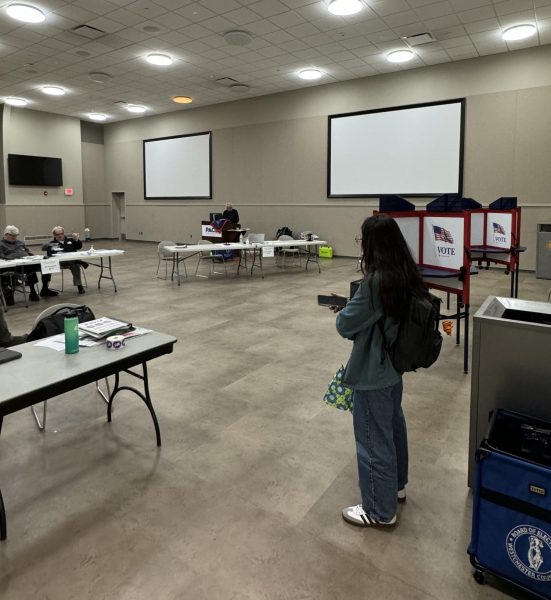What Students Need to Know about Health Care
February 11, 2015
With healthcare as a major topic of concern throughout the country, students can benefit greatly from knowing the role insurance plays in their lives.
Full-time Pace students are required to have health insurance coverage in order to enroll. For those who are not depending on a parent or guardian’s plan, the university offers its own health insurance plan.
Health insurance is important because, in the event of sudden illness or accident or preexisting illness, medical bills can be costly. For example, if a student athlete is injured and has no medical insurance coverage, he or she could have to pay thousands of dollars out of pocket, depending on the injury.
In Arelis Hernandez’s article “College Students are Health Care’s Invisible Minority,” she quotes student health insurance consultant Stephen Beckley, who has worked for several universities, including Dartmouth.
“College students have a higher propensity to be uninsured for longer than other young adults.” While this might sound threatening, there are several factors to be aware of as a college student, even for those about to graduate.
The Affordable Care Act approved by President Obama and Congress allows young adults to remain listed upon and benefit from their parent or guardian’s health insurance until the age of 26, regardless of marital status, whether or not the student lives at home, and whether or not the student is regarded as a dependent of their parents. Therefore, many young adults do not have to worry about purchasing their own health insurance for at least three to four years after graduation.
While still attending Pace, the Health Services office is an available resource, too, staffed by nurse practitioners who are qualified to prescribe medications and who can refer patients to doctors who participate in their insurance program if need be.
However, not all students can rely on the insurance plan of a parent or guardian. Some individuals do not have health insurance and, therefore, cannot extend the benefits to their dependents.
For those who find themselves in this situation, health insurance can be both confusing and expensive. There are several options in the marketplace. It can be difficult to determine which is best for one’s individual needs and who can be trusted to give reliable, honest advice.
Avoiding the purchase of health insurance is not the best option either. In the case of an accident or sudden illness, as mentioned above, this can become quite costly very quickly.
Rest assured options do exist in this situation as well.
There is a Special Enrollment Period, in which a student could sign up for private insurance. The circumstances to qualify for this program include having had a child or adopted a child, having lost employee-provided coverage, being newly married or divorced, and or aging out of a parent or guardian’s plan.
Medicaid and Children’s Health Insurance Program (CHIP) accept applications throughout the year. Both of these programs cover individuals with income up to 133 percent of the federal poverty level regardless of any disability, family circumstances, finances, etc.
Catastrophic coverage allows individuals under 30 to protect themselves from accidents and worst-case scenarios, also providing them with three primary care visits per year before having to meet their maximum out of pocket expense.
There are options out there for college students. It is the responsibility of the individual to do the research and apply for the options that best suits their needs.













